UPDATE | 2020年09月04日
日本人が感じる母語としての日本語と、外国人の感じる日本語は異なるものです。日本語を勉強していて「わかりにくいなあ」「難しいなあ」と思ってもそこで止まらず、「どうして日本人はこんな文法を使うのだろう?」と考えてみると面白くなるかも知れません。この記事では外国人にわかりにくい日本語の文法を2つピックアップし、それによって日本人は何を伝えたいのか考えていきます。
[PR]
「テレビ番組は好きじゃないけど、見ないことはない」
この言葉を聞いて、あなたはどのようなイメージがわきますか?
「見ないことはない」...つまりこの人はテレビ番組を見ます。しかし最初に「テレビは好きじゃない」とも言っていますよね。「積極的に見るわけではないけど、見ることもある」と言いたいのです。
また、日本人はこのような表現もよく使います。
Aさん「辛い料理、食べに行かない?」
Bさん「ごめんね、食べられないことはないんだけど」
Bさんの気持ちがわかりますか?
「食べられるけど、食べたくない」と言っているのです。
日本人の多くは「行きません」とか「食べません」とか、はっきりと否定すると相手に失礼だと考えています。
だから、「ないことはない」という文法は、相手がいやな気持ちにならないように気を遣った表現でもあると言えます。
「あげる」「もらう」と同じ意味の動詞がある言語は、たくさんあります。ところが、私の学生に聞いたところ、「くれる」と同じ意味の動詞は、他の言語ではほとんどないそうです。
「AさんはBさんにりんごをあげました」
「BさんはAさんにりんごをもらいました」
「あげる」「もらう」は日本語の初級前半で出てきますね。覚えるのが簡単な動詞だからです。
ところが、日本国内の日本語学校では「くれる」だけもう少し後になってから勉強することが多いです。
この二つの文を見てください。
1、Aさんは私にりんごをくれました。
2、Aさんは私にりんごをあげました。
どちらが正しいと思いますか?
答えは1です。「くれる」は、もらった人が自分(私)のときだけ使えるのです。
いつももらった人が自分なので、日本人は「私に」を省いて、こういう使い方をすることが多いですね。
3、Aさんはりんごをくれました。
日本語初級の後半では、「ーてあげる」「ーてもらう」「ーてくれる」も出てきます。
前にて形がついたときも、「ーてくれる」は自分(私が)誰かに何かをしてもらってその感謝の気持ちを伝えたいとき、使う言葉です。
言語には、母語話者の気持ちが表れています。外国人にとって日本語を勉強することは、日本人が大切にしてきた気遣いや、感謝の伝え方などを知る機会にもなります。
動詞や文法をただ暗記するだけではなく、表現の裏にある日本語の特性を考えてみましょう。きっと新しい気づきが得られ、日本語の勉強がもっと楽しくなるはずです。
■この記事を読んだ人におすすめ

読書が好きなフリーライター。大阪で生まれ育ち2010年に上京。取材記事や書評、コラムを執筆。現在は文筆業のかたわら、都内の日本語学校で外国人に日本語を教えている。
[PR]
[PR]